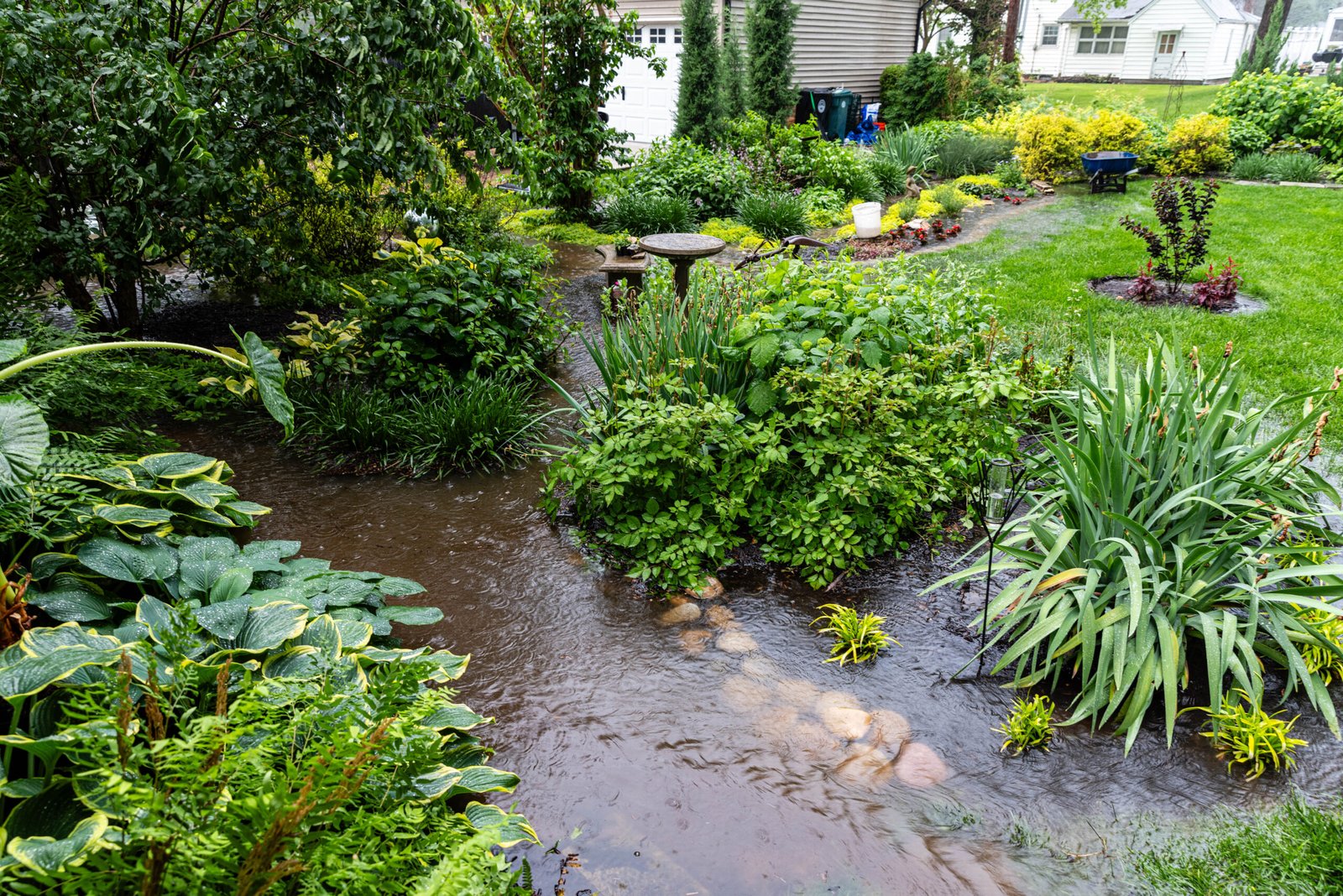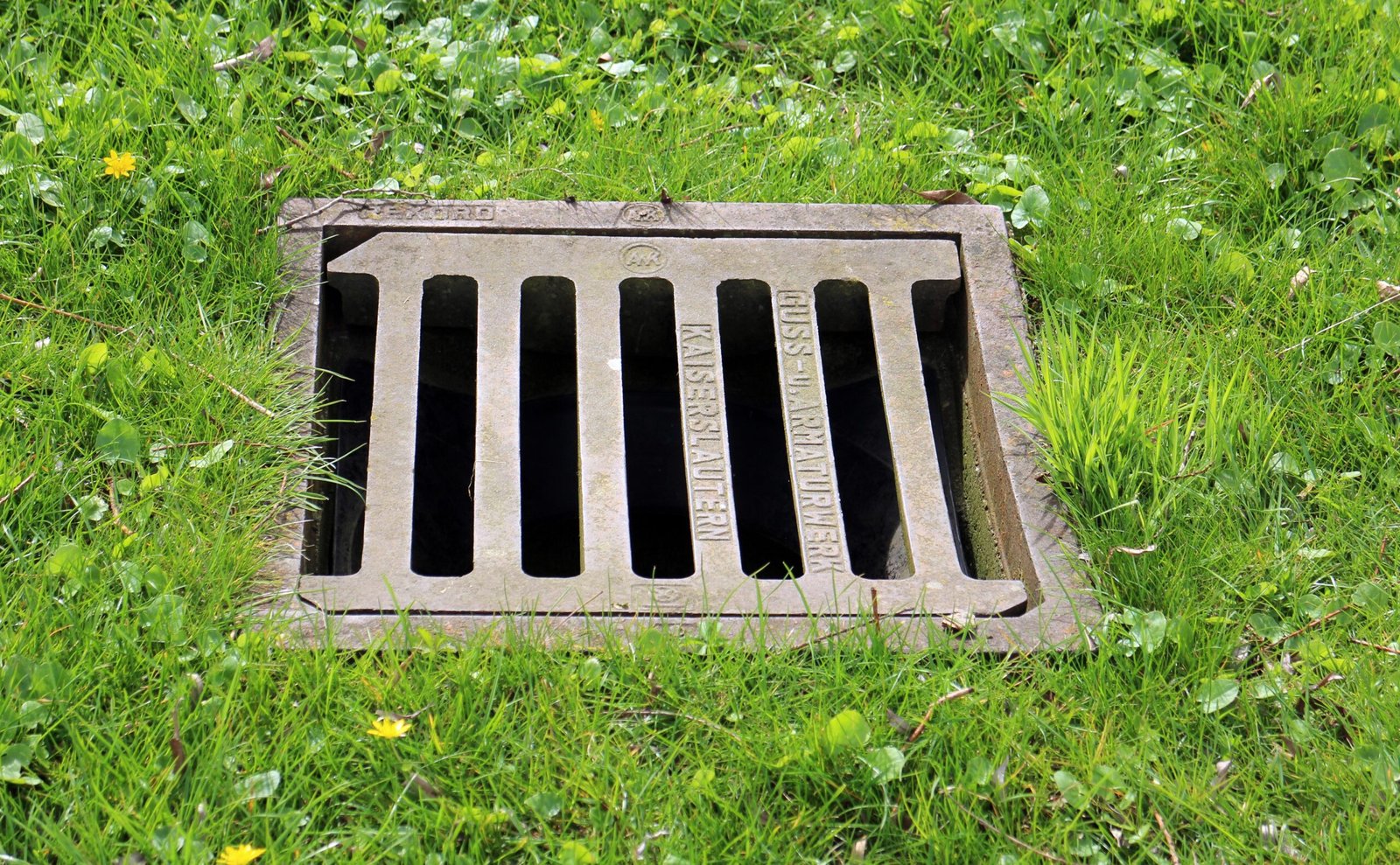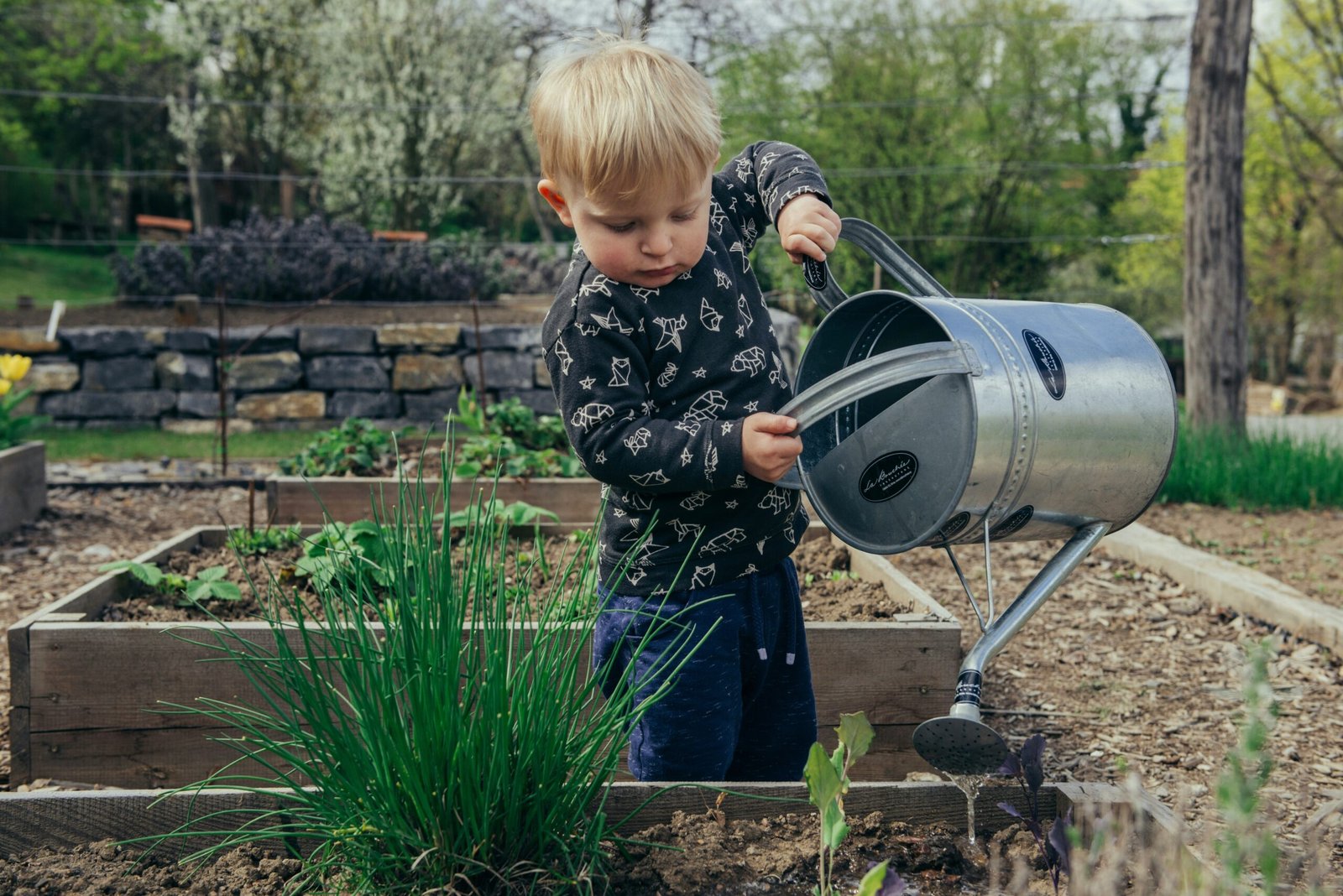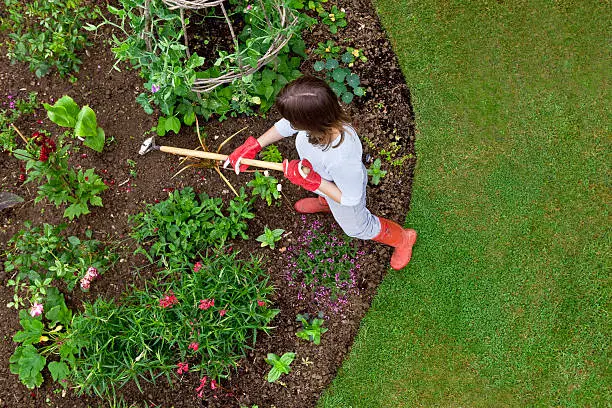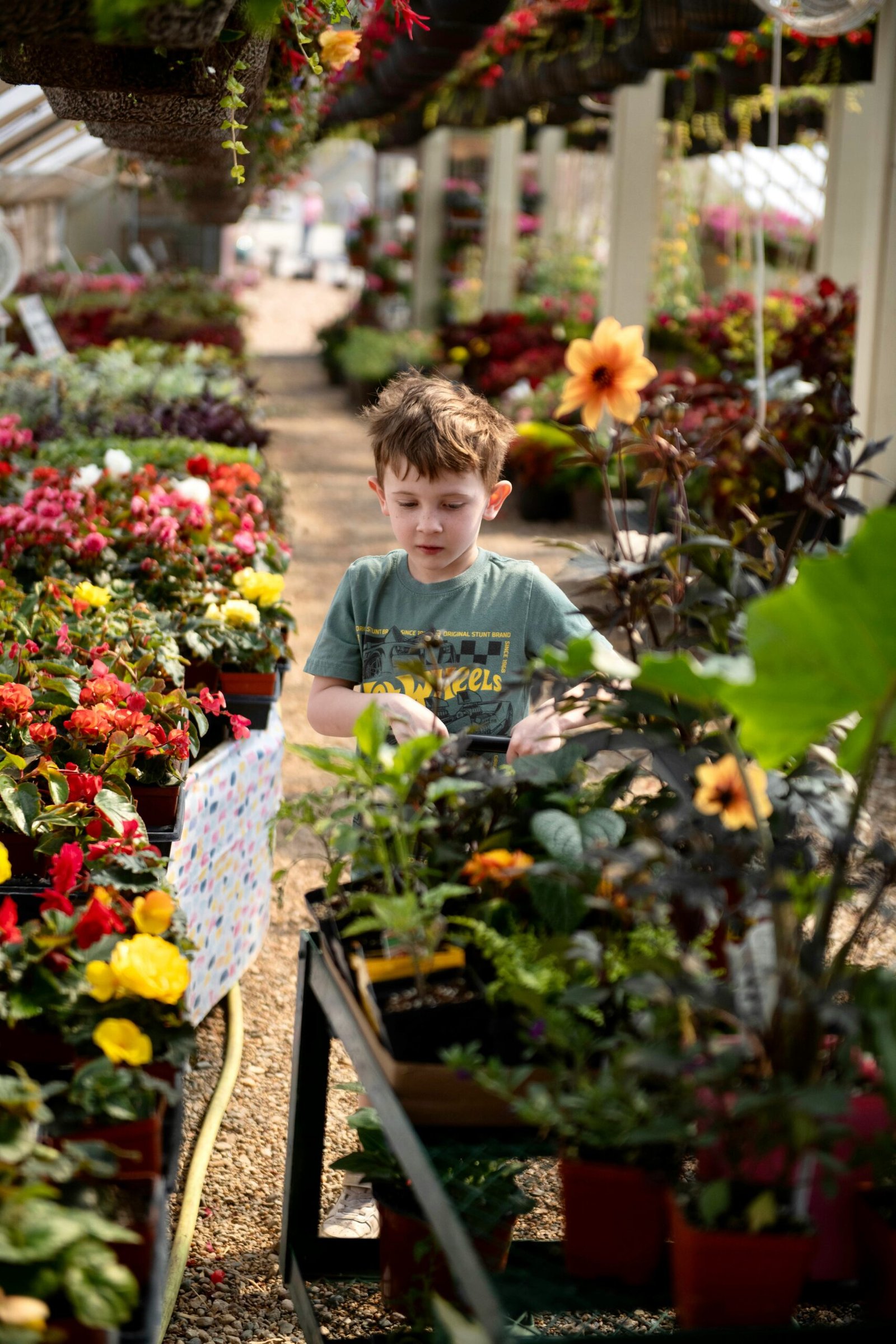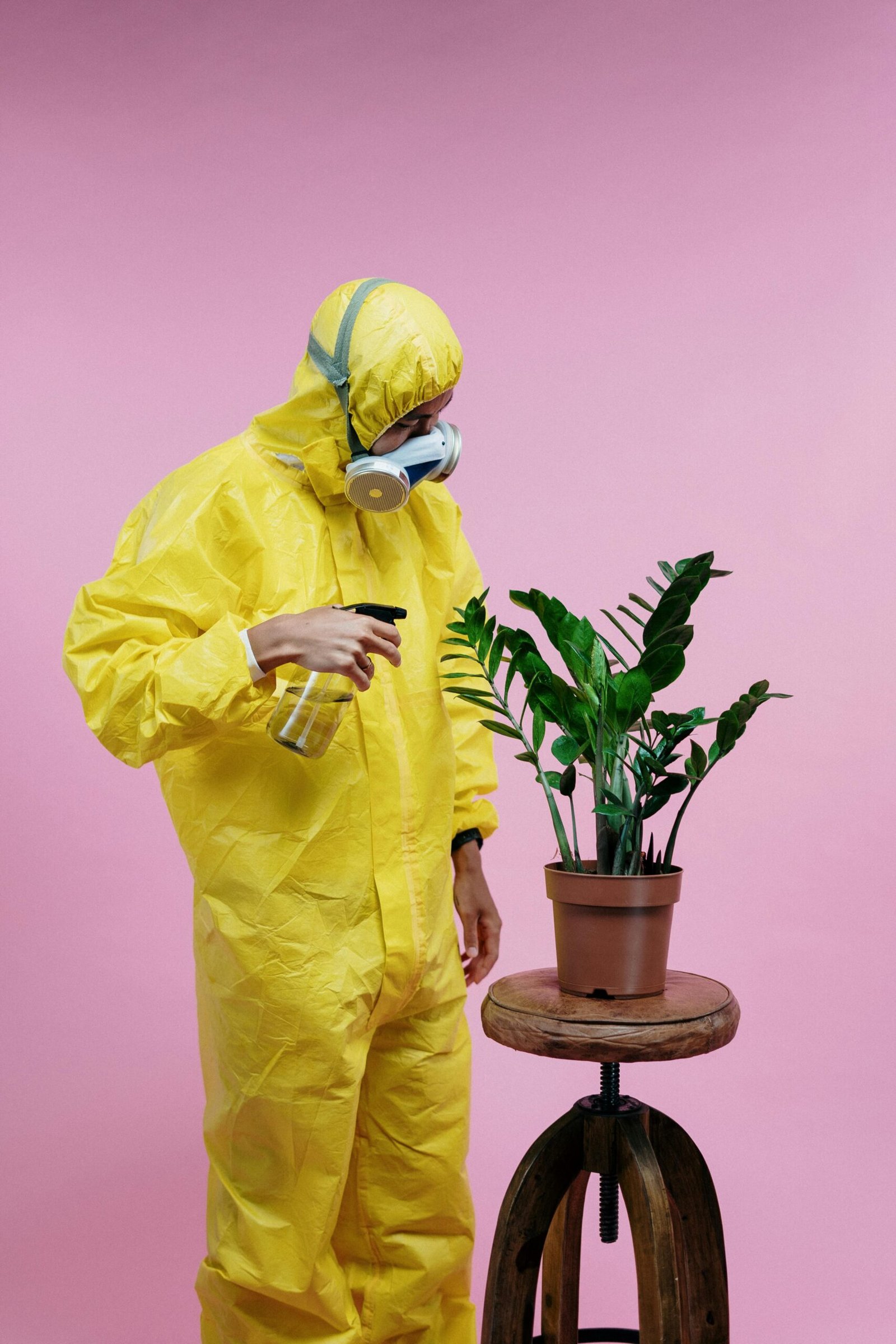Gardening is incredibly rewarding, but mistakes are part of the process. Why not save yourself some trouble by learning from others’ experiences?
We asked seasoned gardeners to share their biggest regrets, and the responses poured in. Common themes emerged, offering advice for anyone hoping to avoid the same pitfalls. The good news? Gardening is all about experimenting, as garden coach Janet Kilburn Phillips wisely said: “There are no gardening mistakes, only experiments.”
Here are 10 lessons from gardeners who’ve been there.
1. Don’t Rush to Plant
It’s tempting to start early when the weather warms, but planting too soon can lead to disaster.
“No matter how nice it feels outside, don’t plant until the proper time,” warns gardener Brenda Thorne Veazey. Frost can ruin seedlings, and cold nights can damage overwintered plants.
Gardener Herbert Boring shared his regret: “I overwintered two Boston ferns beautifully, only to put them outside too soon. A few cold nights destroyed them.”
If you’re unsure, wait an extra week. It’s better to be safe than sorry!
2. Steer Clear of Invasive Plants
Some plants are more trouble than they’re worth. Invasive species like bamboo, mint, or English ivy can overrun your garden.
“I regret planting bamboo directly in the soil,” said Julie Colter. “It took over my yard and was exhausting to remove.”
Even worse, invasive plants can spread to your neighbor’s yard, leading to disputes—and costly removal.
3. Prioritize Healthy Soil
Good soil is the foundation of a thriving garden. Neglect it, and your plants will struggle.
“Test your soil!” advises gardener Stephanie Nicole. “You can’t fix what you don’t understand.”
Soil tests are inexpensive and can guide you on what your garden needs. Add compost or organic material regularly to feed the soil, not just the plants.
4. Protect Yourself
Gardening can be tough on your body. Wear gloves to avoid cuts, scratches, and harmful bacteria.
“I love feeling the dirt in my hands,” says Patricia Klein. “But scratches, bugs, and bacteria make gloves essential.”
Don’t forget sunscreen, sturdy shoes, and protective clothing—gardening safely makes the experience more enjoyable.
5. Stay Ahead of Weeds
Weeds are relentless, but ignoring them only makes things worse.
“One year of seeding leads to seven years of weeding,” warns Bruce Alborough.
Regular maintenance, mulching, and weed barriers can help keep them under control. Remember, weeds are inevitable, so don’t stress over every single one.
6. Wildlife Will Visit
Animals love your garden as much as you do! Rabbits, deer, and squirrels can quickly undo your hard work.
“I fenced in my garden after losing plants to rabbits and deer,” says Nancy Martin Jacobson.
Bird netting, collars around seedlings, and even chicken wire can protect your plants. Be creative and patient—wildlife is part of the experience.
7. Right Plant, Right Place
Every plant has specific needs, from sunlight to soil type. Choose wisely, or you’ll struggle to keep them alive.
“Plants grow where they want, not where you want them,” warns Ian Nash.
Stick to plants suited for your USDA zone and soil conditions. A little planning saves a lot of heartache later.
8. Read Instructions Carefully
Overeager planting often leads to mistakes.
“I once planted onions upside down because I didn’t read the instructions,” admits gardener Leith MacDonald.
Take time to understand planting depths, spacing, and care requirements before diving in.
9. Embrace No-Till Gardening
Digging isn’t always necessary and can even harm your soil.
“No-till gardening is a game-changer,” says Lawrence Diamond. “It’s better for the soil and easier on your back.”
Layer organic mulch and cardboard to suppress weeds and enrich the soil. It’s a low-effort solution with big benefits.
10. Think Long Term
Plants grow—often more than you expect.
“Don’t overplant,” says John Castello. “It might look bare at first, but everything fills in.”
Check the mature size of plants and space them accordingly. Overcrowding leads to poor growth and constant maintenance.
Gardening is a Journey
Mistakes are part of learning, but these tips can help you avoid the most common pitfalls. Remember, gardening isn’t about perfection—it’s about enjoying the process and watching life grow. 🌱


